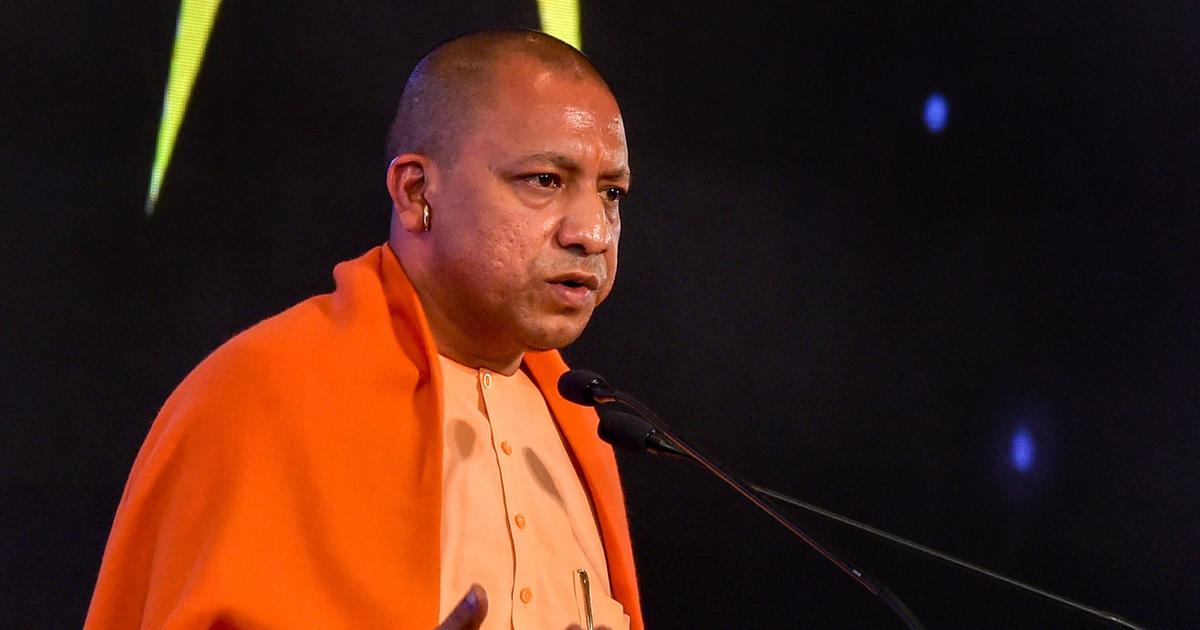
The state Assembly passed the Uttar Pradesh Private Universities Bill on Thursday amid Opposition protests over a clause that compels the institutes to provide an undertaking that they will not allow any “anti-national” activity on the campus.
The Bill aims to bring 27 private universities in the state under an umbrella law, and also enforce transparency on fees and the admission process.
The Bill was passed by voice vote even as the Samajwadi Party (SP) objected to some of its sections and demanded that it should be referred to a select committee.
SP legislator Ujjawal Raman Singh said the section on anti-national activities had created suspicion that the Bill is aimed against a particular university.
There were some heated exchanges when Singh referred to the Jawaharlal Nehru University row in 2016 over slogan-shouting by some student protesters.
The SP leader alleged attempts to defame the university over the issue.
The Bill, tabled in the House on Tuesday, demands an undertaking from the sponsors of private universities that their institutions will not be involved in or permit anyone to promote anti-national activities.
Singh said this and some other sections of the Bill needed to be looked into and argued that there was no urgency to pass it on Thursday itself.
In his reply, Parliamentary Affairs Minister Suresh Khanna said the aim of the Bill is to provide quality education while upholding the autonomy of the institutions.
He assured the opposition that the government had no wrong intention in bringing the Bill.
A statement on the objectives of the Bill said 27 private universities were established and incorporated under different state Acts in Uttar Pradesh.
This meant there was no uniform law to monitor such private universities, it added.
Under the new law, at least 75% of teachers in each department will have to be the university's regular employees.
The private universities will also conform to the standards specified by central regulatory bodies like the University Grants Commission.
The private universities will comply with the norms set up by the state government on a common academic calendar, anti-copying measures, examinations and the award of degrees and certificates.




